5 questions your interviewer shouldn’t ask if you have disability, illness or injury
5 questions your interviewer shouldn’t ask if you have disability, illness or injury
If you’re a person living with disability, you may be keen to know where you stand with employers.
The important thing is to understand what you can and can’t be asked, so that you can feel comfortable at every stage of the interview process. To help you succeed, we’ve put together some questions that an interviewer shouldn’t ask you.
5 questions your interviewer shouldn’t ask/you don’t have to answer in your interview.
1. Do you have any disability, injury or illness?
One of the questions we get asked most often is whether or not you need to disclose your illness to a potential or existing employer. Remember, any question you are asked at your interview should relate directly to the key requirements of the job. Deciding whether or not to tell an employer about your illness is a personal decision and is entirely up to you. Unless it affects your ability to do the job safely, you have no legal obligation to talk to your employer about your disability.
You may want to talk through the pros and cons of disclosing your condition with your doctor, your support team or even a trusted friend to help you make your decision. There can be benefits to disclosing your condition. Being open about your condition allows your employer to be more flexible and support you correctly, but if you would prefer to remain quiet about it, that is entirely ok, too.
2. How did you get your disability?
At no stage of an interview do you have any obligation to discuss how you got your disability. While some disabilities may be more apparent to an interviewer than others, it’s an invasive and insensitive question and one potential employers should never ask.
3. How often do you see a doctor?
Never feel obligated to answer a question about your doctor or the treatment you’re receiving. Job interviewers can ask if you are able to complete work-related jobs, but specifics about your disability that are not connected to how you do your job don’t need to be discussed at your interview.
4. How many sick days did you take last year?
Again, your interviewer can only ask you about how many days sick leave you took in the previous year or other questions about health conditions if they relate directly to your ability to meet the requirements of the job. This information should never be used to discriminate against candidates.
5. Have you made any worker’s compensation claims?
Similarly, unless it’s connected to your ability to do a job, questions about worker’s compensation claims are strictly off limits too. An interviewer can describe a specific requirement of the job such as heavy lifting – and ask if you’re able to do this without compromising the health and safety of yourself and others.
At CoAct, we can help you get interview-ready and connect you to responsible employers in your area who understand what questions are off-limits.
We’ll also liaise with employers throughout the interview stage and ensure any reasonable adjustments you need for your job interview are made. Remember, we’re here to support you and your employer once you start work too! Speak to our friendly team today to find out how we can help you find the right job sooner. Get in touch.
Post categories
- Employers (20)
- Job seeker tips (172)
- News (56)
- Real stories (144)
- Referral partners (1)






